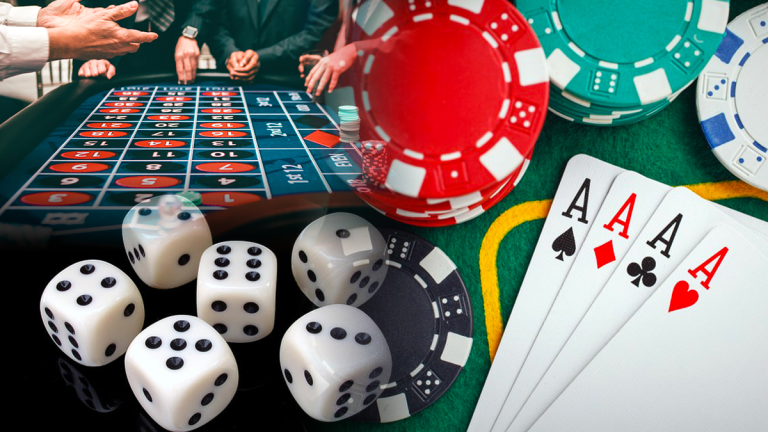How Do Slot Machines Really Work?
Slot machines are among the most popular and widely played casino games, both in physical casinos and online platforms. They appear simple—just press a button or pull a lever, and the reels spin—but behind that simplicity is a complex system driven by mathematics and computer algorithms. Understanding how slot machines really work can help players make more informed and responsible choices.
The Role of the Random Number Generator (RNG)
At the heart of every modern slot machine is a Random Number Generator (RNG). This is a software algorithm that constantly generates random numbers, even when the machine is not being played. The RNG runs continuously, producing thousands of number combinations every second.
When a player hits the spin button, the RNG selects a number at that precise moment. This number corresponds to a specific combination of symbols on the reels. The outcome of the spin is determined instantly—it is not influenced by previous spins, how long the machine has been idle, or how much money has been inserted.
This means that each spin is independent and random, making it impossible to predict or manipulate results. There are no “hot” or “cold” machines, and no guaranteed strategies for winning.
Return to Player (RTP) and House Edge
Every สล็อตเว็บตรง slot machine is programmed with a specific Return to Player (RTP) percentage. This is the theoretical amount of money the machine will pay back to players over a very large number of spins. For example, a slot with a 95% RTP will return $95 for every $100 wagered—on average.
However, RTP is calculated over millions of spins, so it does not guarantee individual outcomes. A player might hit a big jackpot in one session or lose their money quickly in another. The house edge—the casino’s built-in advantage—is what ensures the casino makes a profit in the long run.
Reels, Paylines, and Symbols
Slot machines typically have three or five reels, each with multiple symbols. Modern video slots can have hundreds or even thousands of paylines, which are the patterns that determine winning combinations.
When the RNG determines a spin’s result, it selects symbols for each reel and lines them up on the screen. If the symbols match one of the game’s predetermined paylines, the player wins. The payout depends on the type of symbols and how many appear.
Bonus Features and Volatility
Many slot machines offer bonus features like free spins, wild symbols, multipliers, or mini-games. These are triggered randomly or by hitting specific symbol combinations. They add excitement and the chance to win more money.
Slots also vary in volatility. High-volatility slots pay out less often but can offer bigger wins, while low-volatility slots provide frequent, smaller payouts. Understanding volatility helps players choose machines that match their risk tolerance and playing style.
Conclusion
Slot machines are not simply games of luck—they are carefully designed systems based on mathematics, algorithms, and probability. While you can’t beat the system or predict outcomes, knowing how slots work can make your gaming experience more enjoyable and responsible. Always remember to play for fun, not as a way to make money.




